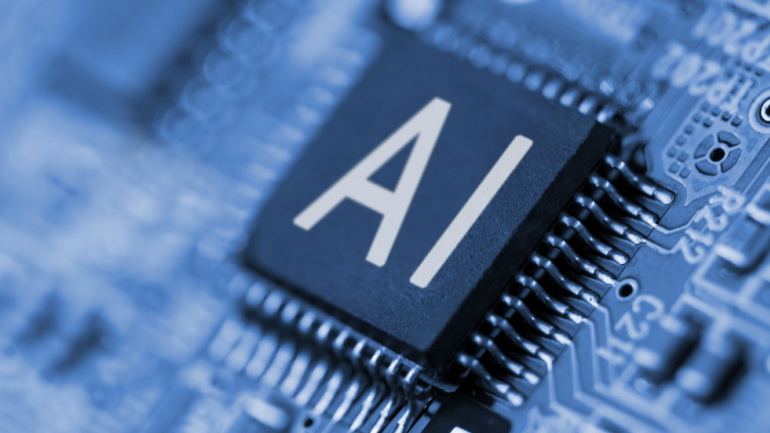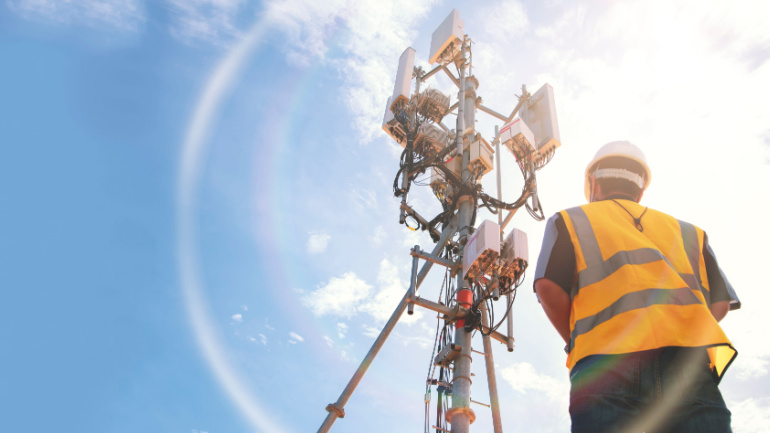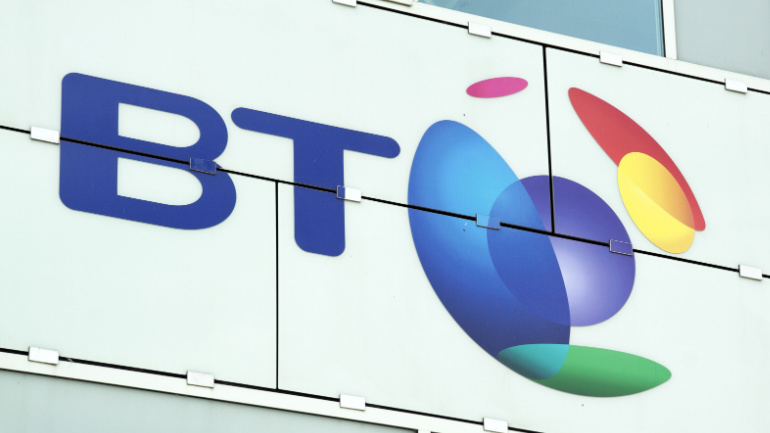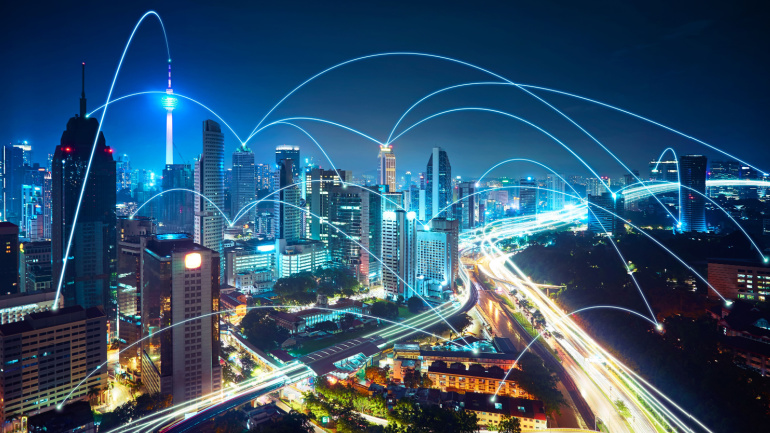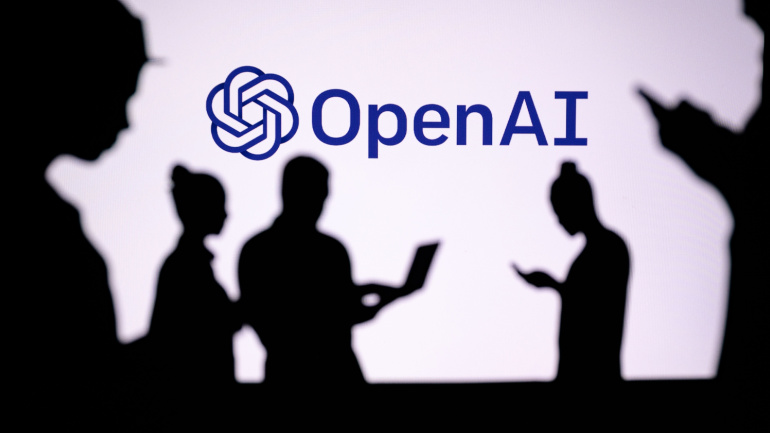Industry expert Andrea Soppera joins the front ranks of CUJO AI as their new VP of Customer Success, bringing along his commanding knowledge and proven leadership. His role will reportedly contribute to shaping customer service objectives and facilitating the integration of AI-driven cybersecurity solutions.
Ooredoo drives Qatar National Vision 2030 with a widespread fiber rollout, covering 99.9% of households, maintaining high service levels and introducing innovative technologies. Vodafone UK advocates for the implementation of 5G SA technology, citing its transformative impact on industries, such as renewable energy and agriculture. CableLabs has made strides in deploying 10G network in 2023, advancing DOCSIS 4.0 technology, issuing CPON architecture specifications, and accelerating FTTP adoption. Microsoft’s new Copilot key represents a groundbreaking addition to Windows keyboards, integrating AI seamlessly and signaling a significant shift after three decades.
In a strategic move, Intel has partnered with private equity firm DigitalBridge to introduce Articul8, a new company set to bring enterprise-grade generative AI technology to the market. Articul8 aims to provide corporate customers with a secure and vertically-optimized genAI software platform, designed to run seamlessly on Intel hardware, including Xeon processors and Gaudi AI accelerators.
Unveiling a concerning revelation in the telecommunications network, inside sources disclose that a vast number of personnel are bypassing “whereabouts rules”, exposing client companies to potential cyber threats. Learn about the delicate balance between accountability and security as we explore the disquieting trend and potential remedies within this intricate reality.
Navigating the challenging mandates of the dynamic telecommunications world, UK’s premier telecom operator, BT, stumbles upon an obstacle. The company has failed to adhere to the deadline for the complete removal of Huawei equipment from its core network. The deadline, already deferred twice, raises doubts over the telecom titan’s ability to successfully transition away from Huawei’s infrastructure within the stipulated timeframe. A UK law dictates all network carriers to rid their systems of Huawei equipment by the end of 2027.
With the advent of 5G and Wi-Fi 6, cellular connectivity offers an enticing alternative to Wi-Fi, especially in enterprise set ups. These advances, along with new approaches to spectrum policy, have spurred the expansion of private cellular networks (PCNs), giving companies more control over their connectivity. A deeper analysis reveals that despite its accessibility, Wi-Fi faces challenges like signal interference and limited coverage, where private 5G networks, underscored by robust security and higher capacity, outperform.
OpenAI is fortifying its internal safety protocols in response to growing concerns about the potential risks of artificial intelligence. The company has introduced a “safety advisory group” that will operate above its technical teams, offering recommendations to leadership, with the board wielding veto power—though the likelihood of its exercise remains uncertain.
Nokia, in collaboration with the HellasQCI consortium, has achieved a significant milestone in the realm of quantum-safe connectivity infrastructure. The joint initiative aimed to assess the viability of quantum-safe solutions across diverse sectors, including government, research, education, defense, law enforcement, and private sector critical infrastructure owners.
Embark on a festive journey with our 12 articles – one for each day of Christmas – exploring the dynamic realms of VoIP and the telecommunications sector. From unveiling the trends shaping the industry to enhancing professional communication skills and delving into the future of sustainable communications, each article offers a unique perspective on the evolution and impact of telecommunications.





